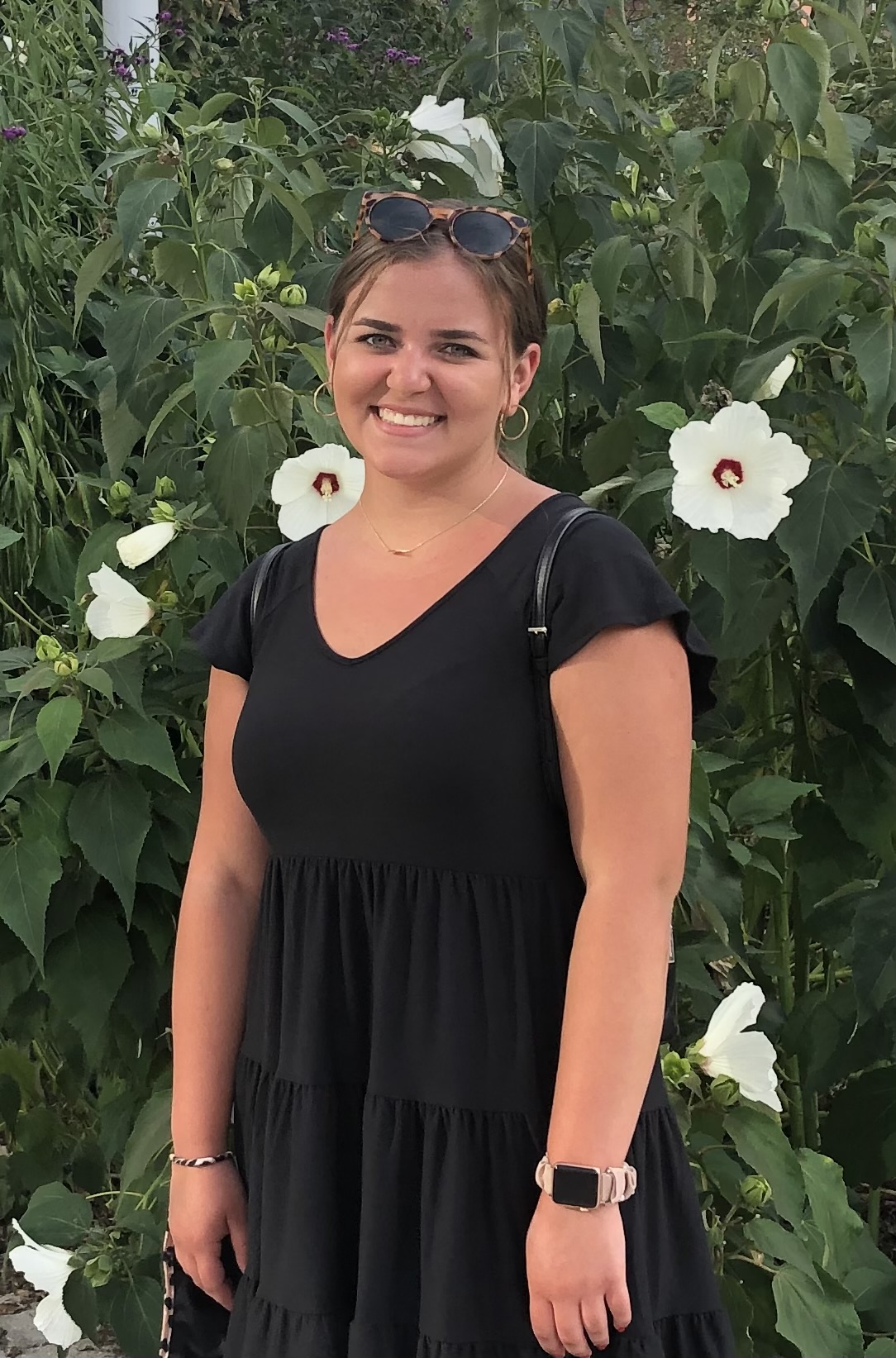Celebration of Scholars
#02: The Furies and the Never-Ending Fire
 Name:
Madelyn Leppiaho
Name:
Madelyn Leppiaho
Major: History
Hometown: Luxemburg, WI
Faculty Sponsor: John Kirk
Other Sponsors:
Type of research: Course project
Abstract
I chose to submit a paper for Intellectual Foundations on "The Oresteia" that addressed the significance of the Furies’ new position in Athens and how Athena convinced them to stay. After reading the play, I started to see connections to everything seemingly “new” throughout the play. In the paper, I walk through these new situations, the fire ending the Trojan War and Cassandra’s vision, and explain how they ultimately end in death, violence, and fire. Therefore, when Athena gives the Furies a “new” position in the city, one can assume this will end similarly. These commonalities lead me to the ultimate claim of the paper; just like in the play, everything part of human life that is seemingly “new” is only part of a larger cycle of violence. Through the examples presented, I argue that nothing humans do truly matters because of the inevitability of this cycle. Although this view may lead those who read this paper to feel hopeless, that is not my intent. There’s a reason we, as humans, don’t see every bad event in the world all at once. I believe there’s value in being in the middle of realizing our horrific actions of violence and living in ignorance of what we as humans have done. Writing this paper made me realize I wanted to be in that middle.Submit date: April 14, 2022, 1:52 p.m.
